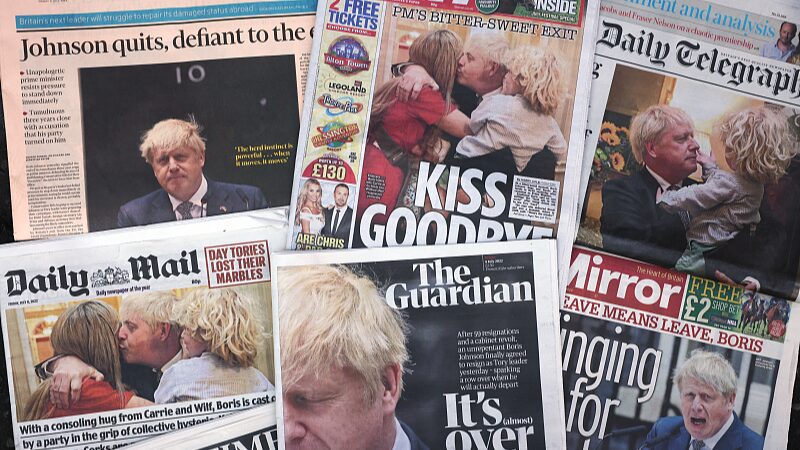The UK government is stepping up to safeguard media independence by proposing a new law that bans foreign states from owning British newspapers. This move directly challenges Abu Dhabi-backed RedBird IMI's attempt to acquire the renowned Telegraph, a publication with deep ties to the Conservative Party.
Speaking in the House of Lords, Culture Minister Stephen Parkinson outlined the government's plans to amend existing legislation, ensuring that foreign state ownership of influential media outlets, like newspapers and news magazines, is prohibited. \"We will amend the media merger regime explicitly to rule out newspaper and periodical news magazine mergers involving ownership, influence or control by foreign states,\" Parkinson stated.
The proposed legislation aims to preserve the Telegraph's editorial independence and prevent potential political interference. RedBird IMI, led by former CNN CEO Jeff Zucker and primarily funded by Abu Dhabi, has expressed disappointment over the government's stance, indicating they will reassess their options moving forward.
This development comes at a time when the Conservative Party, led by Prime Minister Rishi Sunak, faces declining popularity and is projected to lose the upcoming election later this year. The struggle over the Telegraph is not just about ownership but also about maintaining the newspaper's longstanding influence within British politics.
Former Conservative leader in the House of Lords, Tina Stowell, played a pivotal role in stirring the debate by proposing an amendment to the Digital Markets, Competition and Consumer Bill. Her amendment, which garnered support from over 100 MPs, sought to grant Parliament veto power over foreign acquisitions of British media entities due to fears of censorship and loss of editorial freedom. While her amendment was eventually withdrawn, it pressured the government to formulate its own restrictive measures.
The new ban is slated for a vote in the House of Lords within the coming weeks and will need approval from the House of Commons to become law. If enacted, it will set a precedent for protecting the UK media landscape from foreign state influence, ensuring that publications like the Telegraph remain independent voices in British society.
Reference(s):
UK to change law to ban foreign states from owning newspapers
cgtn.com




